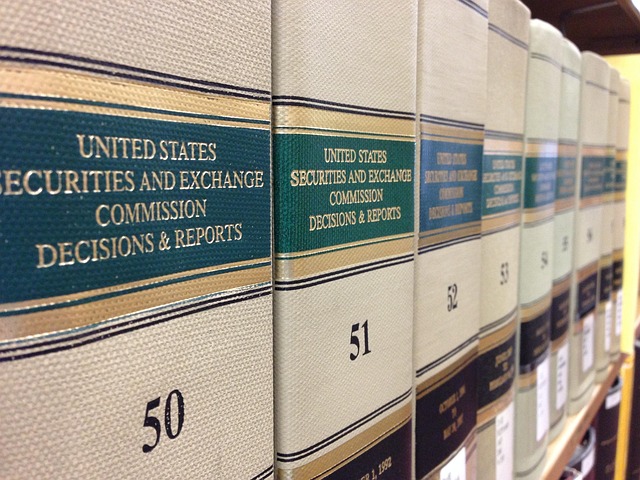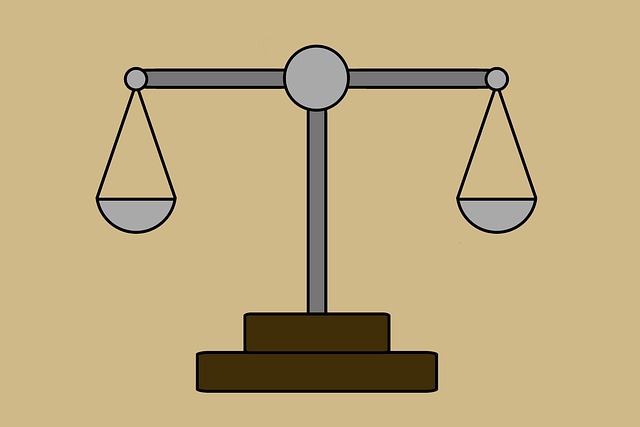The Legal Standards for Burden of Proof in criminal law ensure fair justice by requiring prosecutors to prove each crime element beyond reasonable doubt, distinguishing between suspicion and concrete evidence. Defense attorneys play a critical role by challenging presumptions and raising doubts to protect clients from speculative indictments, upholding the principle of irrefutable proof.
In the realm of criminal law enforcement, understanding the intricate legal standards for burden of proof is paramount. This article delves into three pivotal aspects: deciphering the burden of proof in criminal cases, exploring the fundamental elements that constitute a crime, and examining how presumptions and rebuttal influence jury decisions. By shedding light on these key components, we empower readers with insights into the fundamental principles guiding justice.
- Understanding the Burden of Proof in Criminal Cases
- Elements of a Crime: Legal Definition and Requirements
- Presumptions and Rebuttal: Shaping Jury Decisions
Understanding the Burden of Proof in Criminal Cases

In criminal law enforcement, understanding the burden of proof is paramount to ensuring justice. The legal standard for burden of proof requires prosecutors to present compelling evidence that goes beyond a reasonable doubt. This means they must prove each element of the crime charged conclusively and to a moral certainty, differing from civil cases where a lower standard of “balance of probabilities” applies. Achieving extraordinary results in criminal cases hinges on this principle, as it protects the rights of the accused and prevents wrongful convictions.
The burden of proof plays a crucial role in distinguishing between mere suspicion and concrete evidence. In white collar and economic crimes, where evidence can be complex and circumstantial, meeting this legal standard is particularly challenging. However, it ensures that businesses and individuals are held accountable based on solid, reliable evidence rather than speculation or convenience. This not only maintains the integrity of the justice system but also fosters a culture of fairness in respective business environments.
Elements of a Crime: Legal Definition and Requirements

In criminal law enforcement, understanding the elements of a crime is paramount to ensuring fair and just proceedings. The legal definition of a crime outlines the specific acts or omissions that constitute a violation of the law. These elements typically include conduct that amounts to an actus rea (culpable behavior) and a mens rea (guilty mind). The Legal Standards for Burden of Proof require prosecutors to prove each element beyond a reasonable doubt, ensuring that convictions are based on compelling evidence.
For his clients’ protection, a robust defense strategy must address these elements at all stages of the investigative and enforcement process. This includes challenging the sufficiency of evidence, questioning witness credibility, and employing strategies like white collar defense to combat complex financial crimes. By scrutinizing each element, legal representatives can safeguard their clients’ rights and ensure that the justice system adheres to the highest legal standards.
Presumptions and Rebuttal: Shaping Jury Decisions

In criminal law enforcement, presumptions and rebuttal play a pivotal role in shaping jury decisions. The legal standards for burden of proof dictate that prosecutors must present compelling evidence to establish guilt beyond a reasonable doubt. This principle is fundamental in ensuring that individuals are not convicted based on mere speculation or unsubstantiated assumptions. In high-stakes cases, where the difference between freedom and imprisonment is stark, a general criminal defense strategy often involves challenging these presumptions.
By presenting counter-evidence and raising reasonable doubts, defense attorneys aim to avoid indictment and protect their clients’ rights. This process requires a meticulous examination of facts, expert testimonies, and circumstantial evidence to build a robust case for rebuttal. It is crucial that juries are guided by the legal standards for burden of proof, ensuring that every conviction is based on solid, irrefutable evidence rather than arbitrary presumptions.
In navigating the intricate world of criminal law enforcement, understanding the nuanced legal standards for burden of proof, elements of a crime, and presumptions is paramount. These concepts form the bedrock upon which justice is administered, ensuring that the rights of both victims and accused are protected. By grasping these fundamental principles, we can foster more equitable and effective criminal justice systems, where evidence guides decisions and fair trials become the norm.






